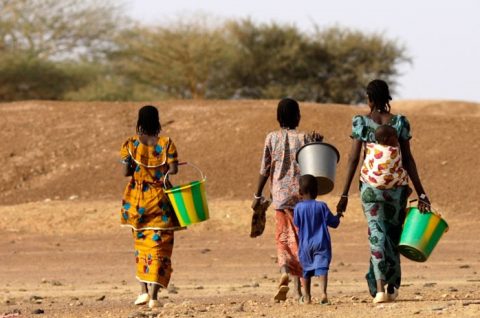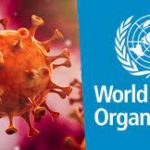UN Increases Appeal for South Sudan Aid
Latest Headlines, North Africa Monday, May 15th, 2017
The United Nations has increased its appeal for aid to help South Sudanese refugees, calling for at least $1.4 billion to provide food, water, and health services.
“Bitter conflict and deteriorating humanitarian conditions in South Sudan are driving people from their homes in record numbers,” said U.N. High Commissioner for Refugees Filippo Grandi.
A U.N. statement Monday said South Sudan has “become the world’s fastest growing refugee crisis with more than 1.8 million refugees — including one million children,” who fled to Uganda, Sudan, Ethiopia, Kenya, the Democratic Republic of Congo and the Central African Republic.
A civil war in its fourth year has displaced another 1.8 million South Sudanese within the country. The U.N. says the situation continues to worsen “with a combination of conflict, drought and famine.”
A previous U.N. appeal called for $1.2 billion in foreign assistance.
World Food Program chief David Beasley described the suffering in South Sudan as “unimaginable,” saying many are “close to the abyss.”
The conflict was sparked by clashes between supporters of President Salva Kiir and his rival, then vice-president Riek Machar. A 2015 peace deal failed when new clashes in the capital last July killed nearly 300 people.
Beasley, who was named WFP chief in March, said he is “deeply saddened” by the misery and famine suffered by the South Sudanese people. He also noted that the situation is not getting any better.
“These are families like yours and mine, our brothers and sisters, and the world must help them now — not later,” he said.
U.N. agencies UNICEF, UNHCR, and WFP all reported that they have not reached their desired funding level for the year. The agencies say they will not be able to address the needs of the South Sudanese people if they do not get to their goals by the end of the year.
Beasley, who said he will return to South Sudan later this week, blamed donor nations for focusing on domestic politics instead of international crises.
“We’ve got to break through all of the smoke” and attract more attention to people on the brink, he told reporters in Geneva,” he said./VOA
Related Posts
Short URL: https://www.africanexaminer.com/?p=39252






















